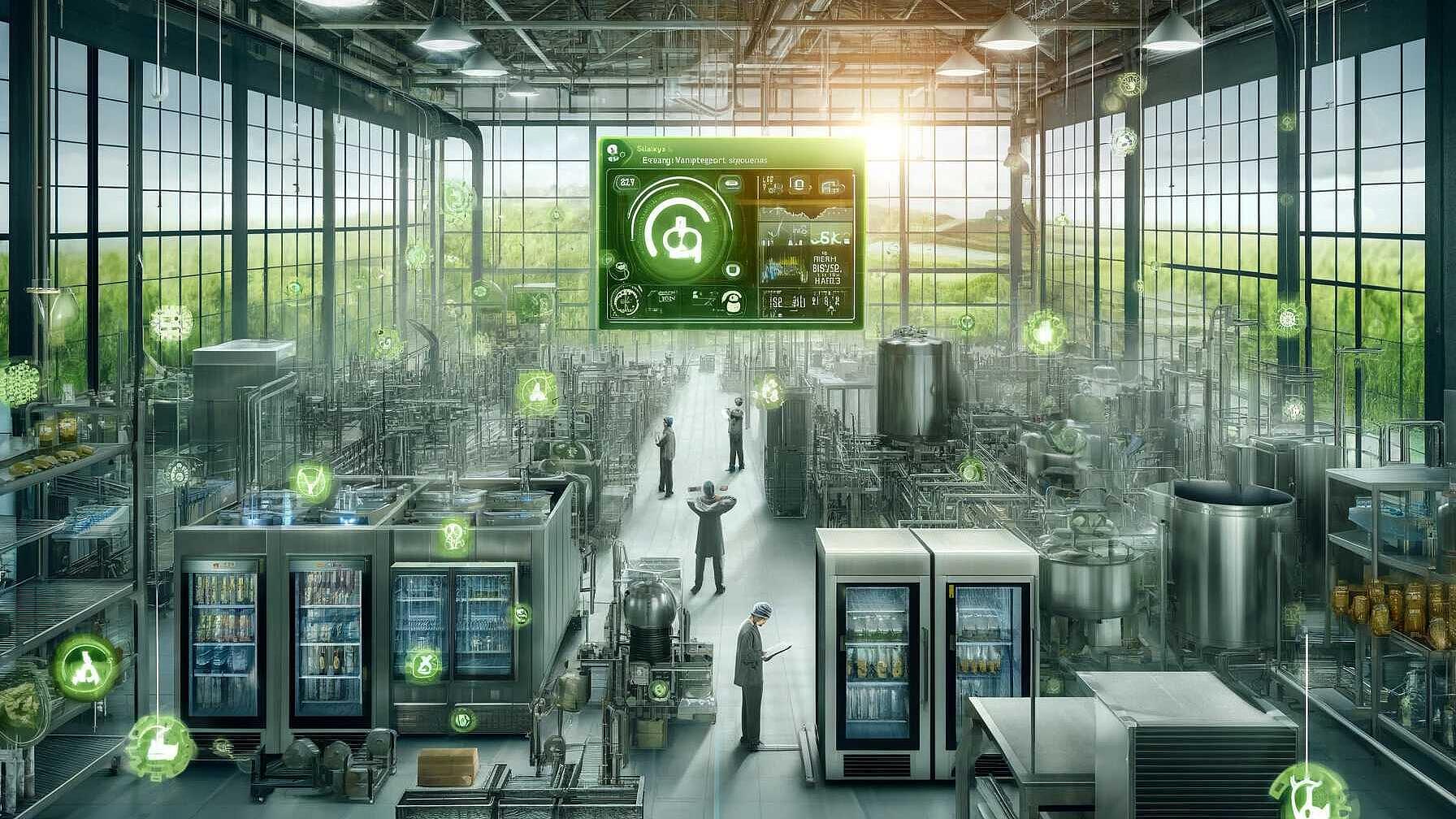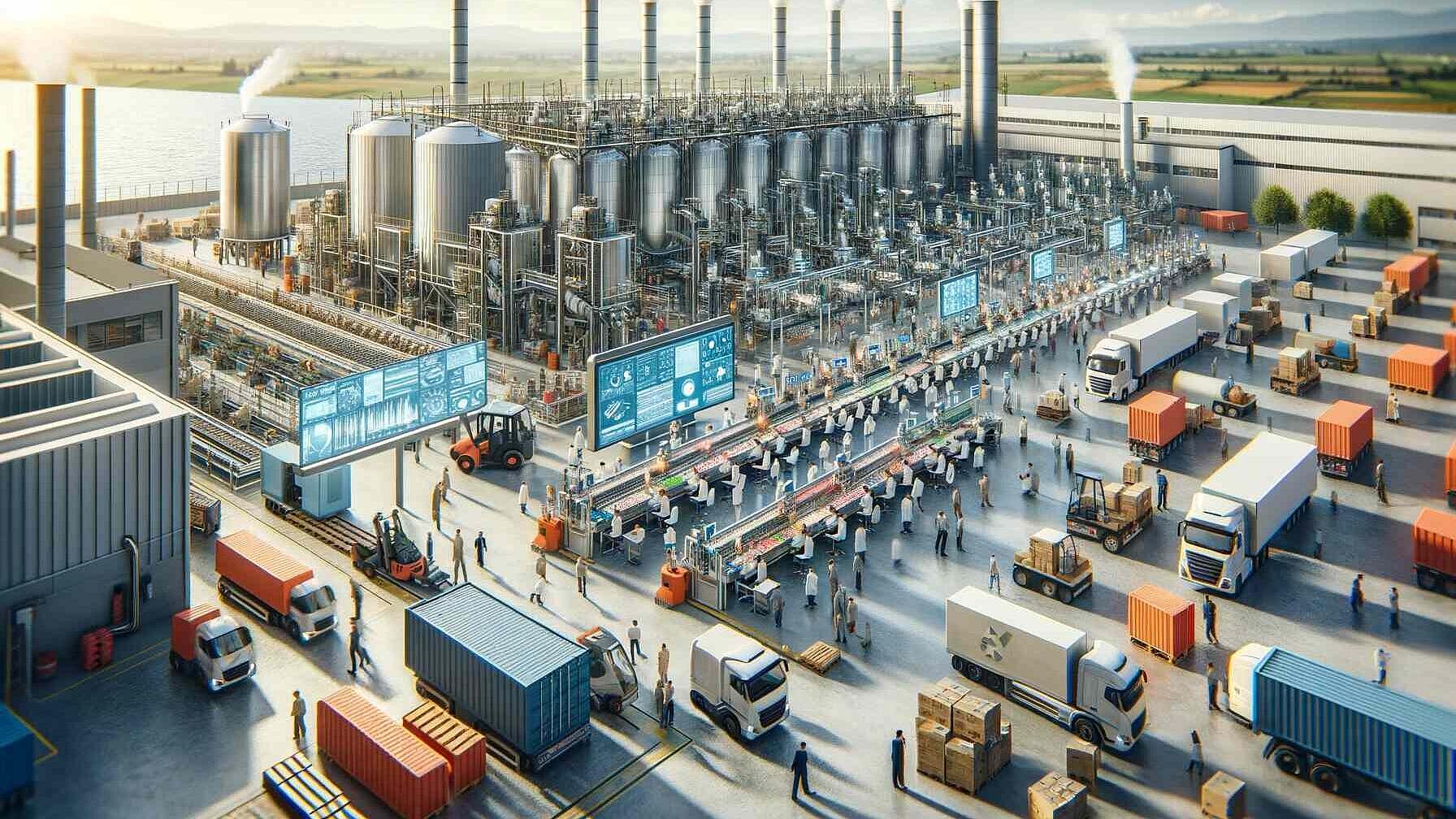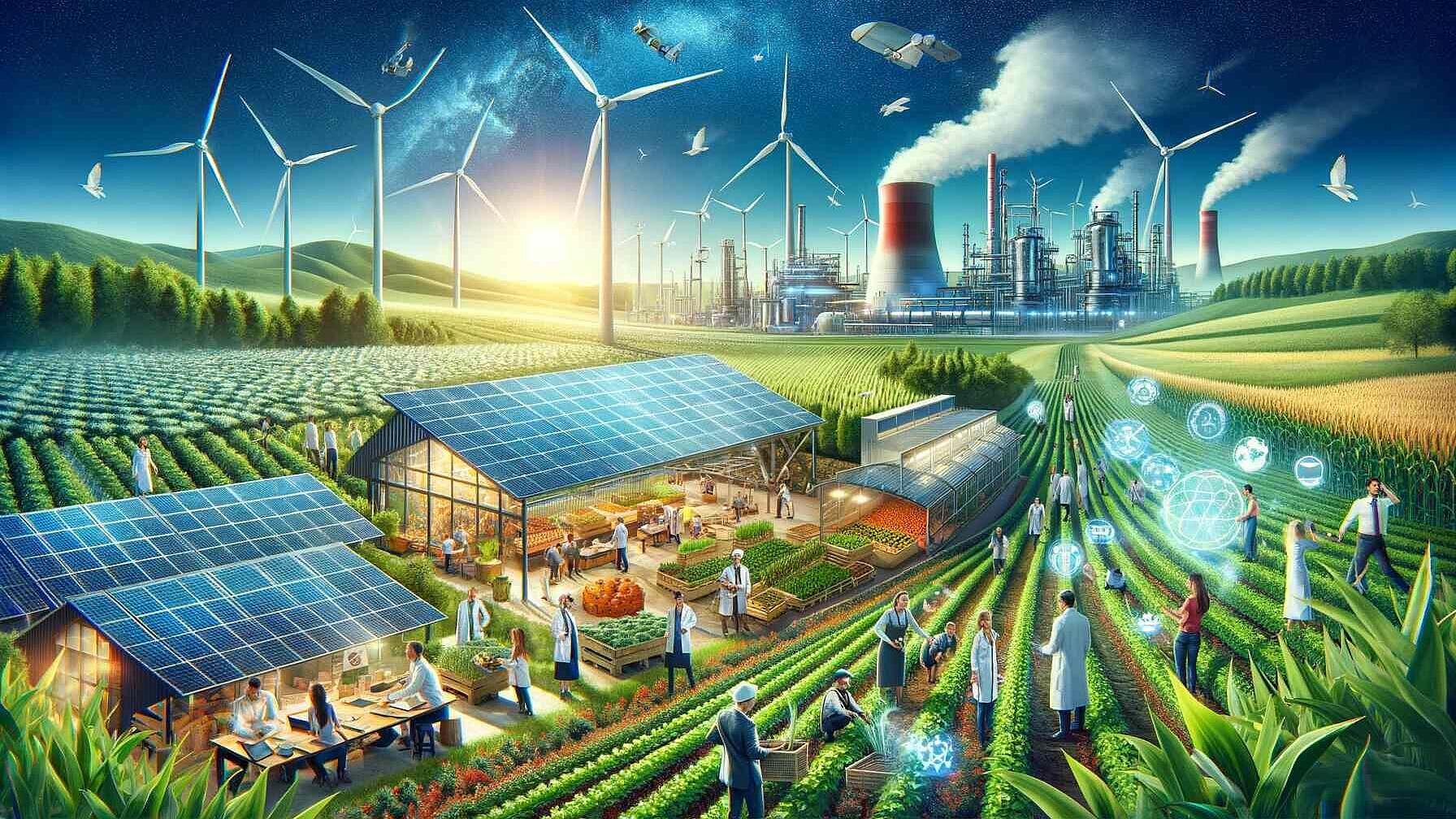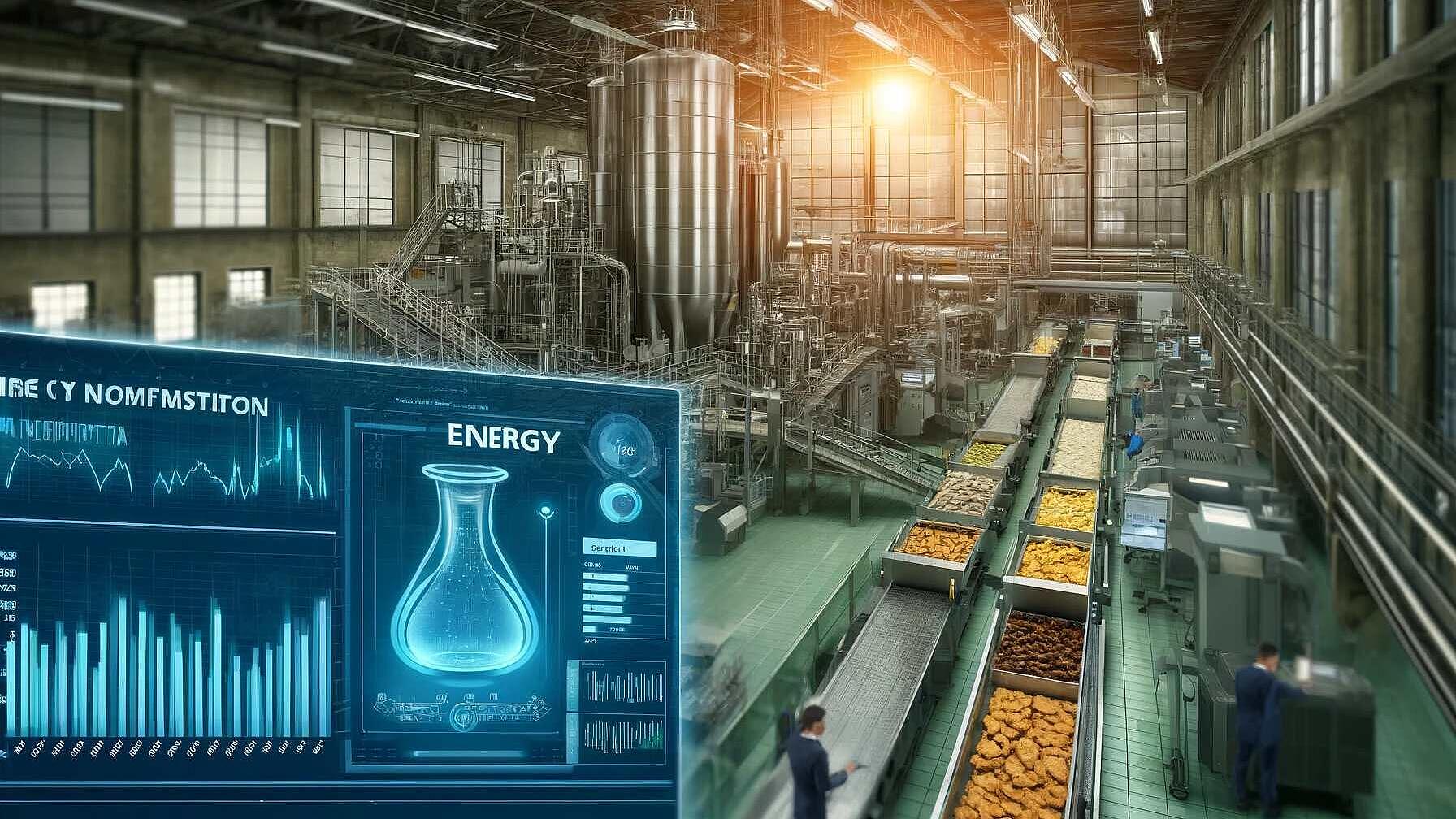 Articles
ArticlesEnergy Insights: The Secret Sauce for the Food and Beverage Industry
The whitepaper focuses on the importance of strategic energy management in the food and beverage industry for cost reduction, operational resilience, sustainability, and competitive advantage. It outlines the pressures of rising costs, competition, and sustainability demands faced by the sector. The adoption of Energy Management Systems (EMS) is emphasized for its real-time energy usage insights, which help businesses identify inefficiencies and enhance asset performance. The use of non-invasive, wireless sensor technology is highlighted for optimizing operations, preventing downtime, and addressing wastage. The paper underscores that energy insights contribute to predictive maintenance, preventing equipment failures, supporting production schedules, and maintaining the quality of perishable goods, which is vital for consumer trust and brand reputation. It argues that energy management advances environmental performance by reducing consumption and emissions, thereby meeting regulatory standards and attracting environmentally conscious consumers. Lastly, the whitepaper discusses the integration of IoT and smart sensor technology as a transformative approach for deeper insights into energy usage and operational performance, leading to cost savings and operational enhancements. The role of these technologies in enabling companies to manage consumption effectively and respond to industry challenges with agility is showcased through examples of successful implementations.
Read Full articleThe Core of Europe's Economy: A Deep Dive into the EU Food and Drink Industry
The EU food and drink industry is a key economic player with a €1,192 billion turnover and significant investment. Employing 4.72 million people, it leads manufacturing employment but sees lower labor productivity. The sector is embracing digitalization and prioritizing sustainability while maintaining a strong global trade presence.
Read Full articleTransforming the Global Food Sector: A Path to Energy-Smart Practices
The FAO 2011 paper advocates for an energy-smart food system to enhance sustainability, reduce GHG emissions, and improve food security by boosting energy efficiency and integrating renewable energies across the food supply chain, while providing policy recommendations and calling for international cooperation.
Read Full articleEnhancing Marketing Success through Food Value Chains: A Guide to Creating Shared Value
Food value chains enhance agribusiness by combining social objectives with transparency and sustainability, yielding economic, community, and environmental benefits while relying on collaborative leadership for success.
Read Full articleNavigating the Global Food Value Chain: Challenges and Opportunities for the 21st Century
The paper discusses the complexities of the food value chain, addressing global food demand challenges due to population growth, urbanization, and changing diets. It explores advancements in agricultural technologies and strategic market responses towards sustainability and health-conscious consumption trends.
Read Full articleHarnessing Energy Efficiency in the Food and Beverage Industry
The white paper discusses energy challenges in the food industry, emphasizing the need for efficiency amid rising global energy demands. It outlines strategic energy assessments and technological solutions like variable speed drives for reducing energy use and improving sustainability, citing case studies demonstrating significant energy savings.
Read Full articleTHE PATH TO TRANSFORMATION: EUROPEAN RESEARCH AND INNOVATION DAYS 2024
The European R&I Days highlighted the need for a comprehensive government approach involving research and innovation to achieve the European Green Deal’s decarbonization targets. Showcasing success stories, it emphasized collaboration for transforming energy-intensive industries and integrating R&I for a sustainable future.
Read Full articleTHE DECENTRALIZATION OF ENVIRONMENTAL TAXES: ENVIRONMENTAL OR ECONOMIC ADVANTAGE?
The article examines the efficacy of decentralizing environmental taxes to address region-specific environmental issues, contrasting it with centralization that may cause fiscal competition and efficiency losses. It suggests harmonizing economic incentives with environmental protection to optimize the impact of environmental taxes on sustainability.
Read Full articleEnergy Consumption in Food Manufacturing: A Comprehensive Insight
This study addresses the energy-intensive nature of food production, highlighting the substantial emissions from specific products and processes. It underscores the lack of consistent energy data and advocates for optimizing production, adopting new technologies, and reevaluating transportation to enhance energy efficiency in the food sector.
Read Full articlePioneering the Path to Net Zero: Decarbonizing Heat in the Food and Drink
The UK's food and drink sector aims to cut emissions from electricity and heat by up to 80% from 2012 levels, but heat decarbonization lacks clear strategies. Transition hinges on overcoming financial, technical, and policy barriers, requiring government-industry collaboration and supportive measures.
Read Full article








